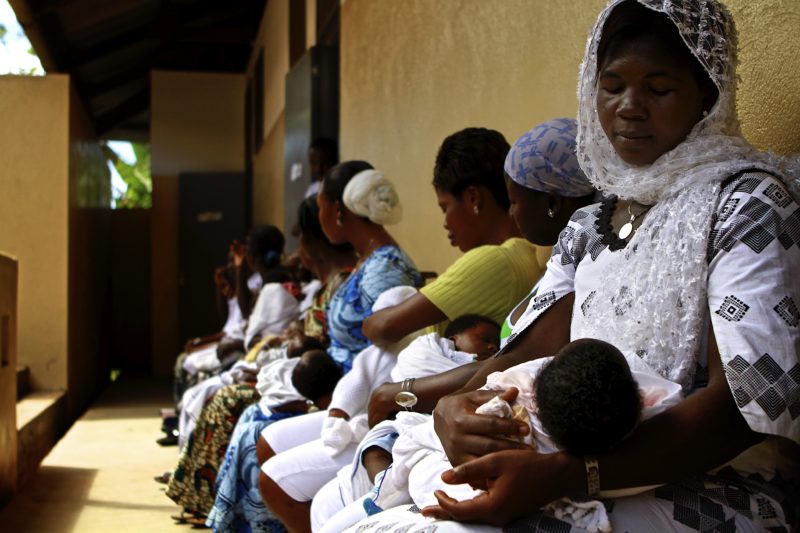United Nations Children’s Fund (UNICEF) health specialist, Mr Hilary Ozoh, has decried the low-level public awareness of the deadly Maternal Neonatal Tetanus disease (MNT) ahead of the Oct. 18, commencement 2018 MNT elimination campaign.

Ozoh made the assertion at the opening of a one-day media orientation forum for 2018 MNTE campaign holding in Benin City, Edo State.
MNT is a swift and painful killer disease that kills new born and sometimes the mother.
According to UNICEF’s report, MNT killed no fewer than 34,000 newborns in 2015 alone while a significant number of women also die to due to maternal tetanus every year.
Ozoh said that MNT represented a very high proportion of the tetanus disease burden due mainly to inadequate immunisation services, limited or absent clean delivery services and improper post-partum cord care.
He however, expressed worry that not much had been done in terms of media enlightenment of the public with the Oct. 18, 2018 commencement day.
Speaking on the “Role of the media in the 2018 MNTE’’, Ozoh said the level of the campaign awareness was abysmal where the South-South zone had been identified as one of the high-risk states.
He noted that the campaign would not yield the desired result if the media was not involved.
Earlier, Dr. Eugene Orvihi-Ivase, Director, National Primary Health Care Development Agency (NPHCDA) in his welcome address, identified the media as a veritable vehicle for the effective implementation of all health programs.
Orvihi-Ivase, who heads NPHCDA’s Advocacy and communication department, said that the aim of the forum was to sensitise the media on the 2018 MNTE campaign, and identify the roles and responsibilities of the media, among others.
He expressed the hope that the forum would provide participants the platform for better understanding of the MNT health menace particularly in the South South zone.
Dr. Kizito Obi of the NPHCDA, in his presentation on the overview of 2018 MNTE campaign, said majority of mothers and newborns dying of tetanus live in Africa and Southern and East Asia.
Obi identified the major causes of the disease as poverty, little access to health care, and lack of information about safe delivery practices.
He said that Nigeria was among the 16 countries yet to eliminate MNT adding that the states in the South-South had been identified to be high risk zone.
The health expert noted that vigorous campaigns and follow ups on MNT needed to be sustained ahead of the 2020 total elimination date by the World Health Organisation (WHO).
According to him, once the disease is contracted, the fatality rate can be as high as 100 per cent without hospital care and between 10 per cent and 60 per cent with hospital care.
“The true extent of the tetanus death toll is not known as many newborns and mothers die at home and neither the birth nor the death is reported,’’ he said.
Obi, however, said that MNT was easily preventable through immunization of women with TT vaccine for protection against Tetanus.
“A child born to a woman protected against tetanus is also protected from the disease in the first few months of its life.
“Practice of hygienic birth practices to ensure infection is not contracted by mother or newborn during the birth process.
“Also, proper cord care to ensure that contamination of cord does not put the newborn at risk,’’ he said.
About 40 participants, drawn from the media, UNICEF and NPHCDA attended the daylong programme.
